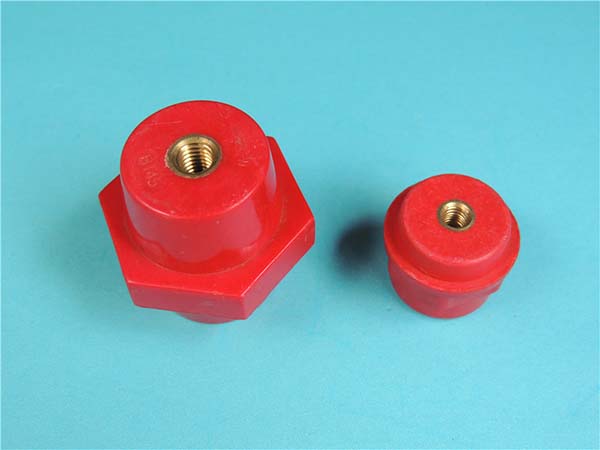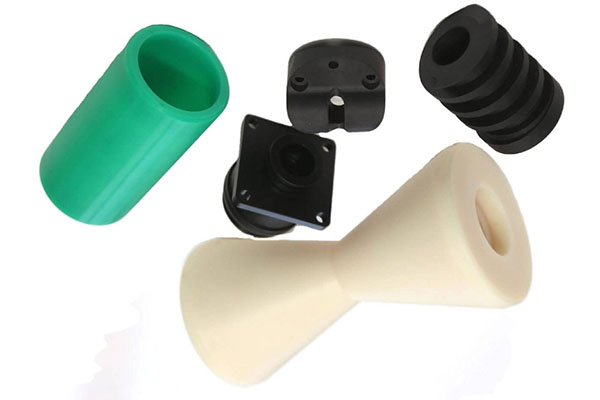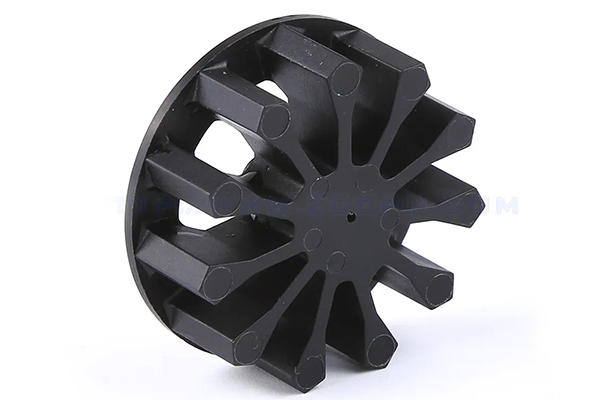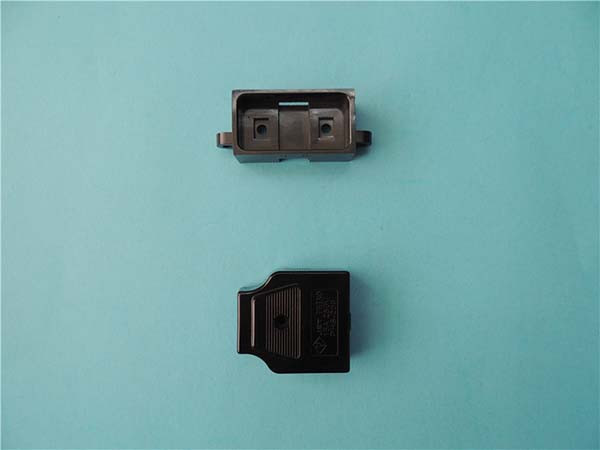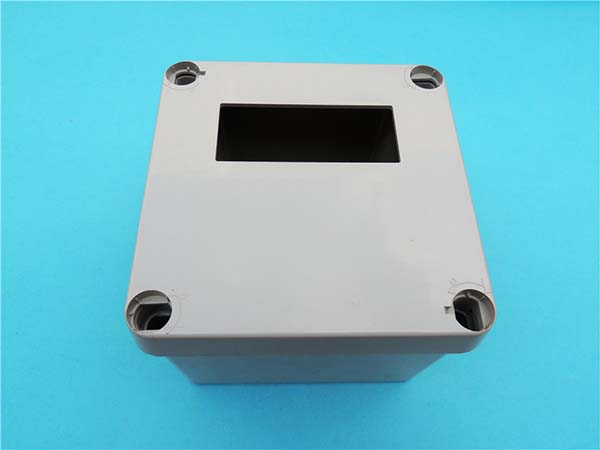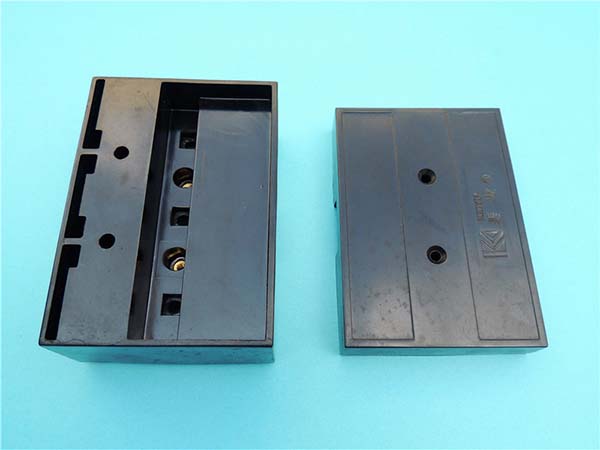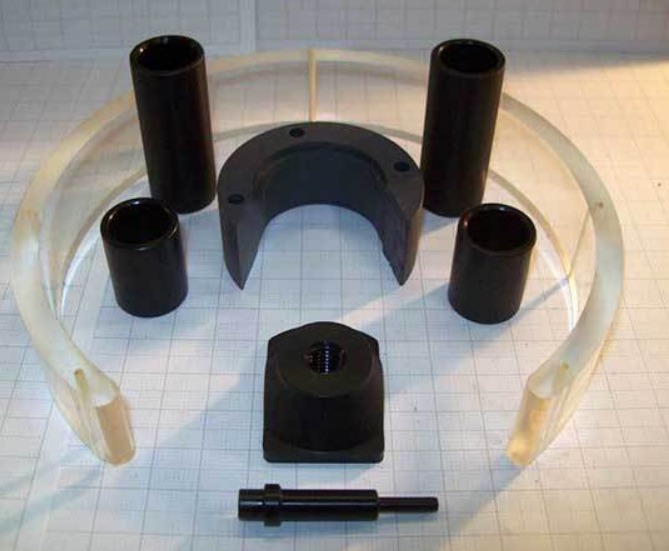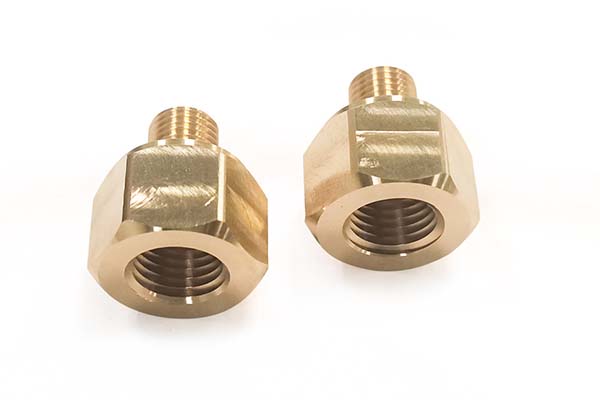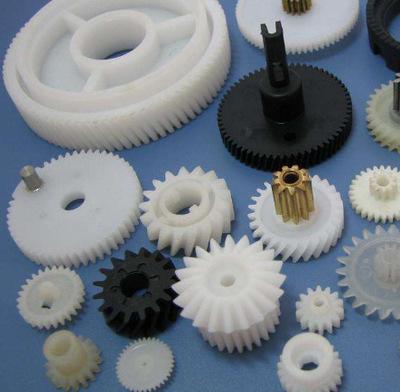1. Introduction
Are you in search of reliable prototype manufacturers in the UK? You're in the right place. The process of finding the perfect prototype manufacturer can be a daunting task, filled with numerous considerations and potential pitfalls. Whether you're a startup with a groundbreaking idea or an established company looking to innovate, the choice of a prototype manufacturer can significantly impact the success of your project.
In the UK, the prototype manufacturing landscape is diverse and dynamic. There are various manufacturers, each with its own set of strengths, specialties, and areas for improvement. This article aims to be your comprehensive guide through this landscape, helping you navigate the complex process of choosing the right prototype manufacturer. We will delve into different aspects such as the services they offer, their technological capabilities, past projects, and customer reviews. By the end of this article, you'll have a clear understanding of what to look for in a prototype manufacturer in the UK and be well - equipped to make an informed decision for your next project.
2. The Landscape of Prototype Manufacturers in the UK
2.1 Number and Distribution
The UK is home to a significant number of prototype manufacturers, with estimates suggesting there are over [X] registered companies in this field. These manufacturers are spread across the country, with concentrations in key industrial and technological hubs. For example, the South East region, including London and its surrounding areas, houses approximately [X%] of these manufacturers. This is due to its proximity to major research institutions, a large pool of skilled labor, and excellent transport links, which are crucial for both the import of raw materials and the export of finished prototypes.
The Midlands, known for its long - standing manufacturing heritage, also has a strong presence of prototype manufacturers, accounting for around [X%]. Cities like Birmingham and Coventry, with their history in automotive and engineering, have fostered an environment where prototype manufacturing thrives. In Scotland, regions such as Glasgow and Edinburgh have a combined share of about [X%], driven by their growing technology and innovation sectors.
2.2 Types of Prototype Manufacturers
Plastic Prototype Manufacturers: These are specialized in working with various types of plastics, such as ABS, PLA, and PETG. They use techniques like 3D printing, injection molding, and vacuum forming. For instance, in the production of consumer electronics prototypes, ABS plastic is often preferred due to its strength and heat resistance. A plastic prototype manufacturer might create a prototype of a new smartphone case, using 3D printing to quickly iterate on the design and test different ergonomic and aesthetic features.
Metal Prototype Manufacturers: Metal prototypes require different manufacturing processes, including CNC machining, casting, and forging. Aluminum and stainless steel are commonly used metals. Metal prototypes are often used in the aerospace and automotive industries. A metal prototype manufacturer could produce a prototype engine component for a new car model using CNC machining to achieve high precision and tight tolerances.
Electronic Prototype Manufacturers: They focus on creating prototypes for electronic devices. This involves circuit board design, component soldering, and software integration. For example, when developing a new smartwatch, an electronic prototype manufacturer would be responsible for creating the initial working model, ensuring that all the sensors, display, and communication modules function correctly.
Multimaterial Prototype Manufacturers: These are capable of working with a combination of materials, such as plastics, metals, and ceramics. They are ideal for projects that require the unique properties of multiple materials. For a medical device prototype, a multimaterial manufacturer might combine a plastic outer casing for biocompatibility and a metal internal structure for strength.
3. Services Offered by UK Prototype Manufacturers
3.1 Design and Engineering Support
UK prototype manufacturers offer comprehensive design and engineering support. They have in - house teams of experienced designers and engineers who can work with you from the initial concept stage. Using advanced CAD (Computer - Aided Design) software, they can create 3D models of your prototype, allowing you to visualize the design in great detail. For example, if you're developing a new medical device, the design team can optimize the form factor for ease of use by medical professionals, taking into account factors such as ergonomics and sterilization requirements.
These manufacturers also provide engineering analysis, such as stress testing and fluid dynamics simulations. In the aerospace industry, when developing a new aircraft component prototype, stress analysis is crucial to ensure the part can withstand the extreme forces during flight. This pre - prototyping analysis helps in identifying potential design flaws early on, saving both time and cost in the long run.
3.2 Material Selection Guidance
Material selection is a critical aspect of prototype manufacturing, and UK manufacturers excel in providing expert guidance. They have in - depth knowledge of a wide range of materials, from traditional metals and plastics to advanced composites. When working on a consumer product prototype, they might recommend ABS plastic for its balance of strength, cost - effectiveness, and ease of processing. For high - performance applications like in the automotive or sports equipment industries, they could suggest carbon fiber composites for their high strength - to - weight ratio.
Manufacturers also consider factors such as material availability, environmental impact, and compatibility with the intended manufacturing process. For example, if you plan to use injection molding for mass production later, the prototype material should be similar in terms of flow characteristics and shrinkage rates to the final production material. This ensures that the design and functionality of the prototype translate smoothly into the production phase.
3.3 Prototyping Techniques Available
UK prototype manufacturers offer a diverse range of prototyping techniques:
- 3D Printing: This is a popular technique for rapid prototyping. It can quickly produce complex geometries with high precision. For instance, in the development of a custom - designed jewelry prototype, 3D printing can create intricate patterns that would be difficult to achieve with traditional manufacturing methods. Different types of 3D printing technologies are available, such as Fused Deposition Modeling (FDM), Stereolithography (SLA), and Selective Laser Sintering (SLS), each with its own advantages in terms of material options, surface finish, and build speed.
- CNC Machining: Ideal for creating high - precision prototypes from metals, plastics, and other materials. In the production of a prototype for a high - end watch component, CNC machining can achieve tight tolerances and a smooth surface finish. It is also suitable for producing small batches of prototypes with consistent quality.
- Injection Molding: Although typically associated with mass production, some UK manufacturers offer small - scale injection molding for prototyping. This is useful when you want to test the functionality and aesthetics of a product in a way that closely mimics the final production process. For example, a toy manufacturer might use injection molding to create a prototype of a new toy to test its durability and ease of assembly.
4. Customer Testimonials and Case Studies
4.1 Success Stories
Real - world success stories can provide valuable insights into the capabilities of UK prototype manufacturers. For example, a startup in the renewable energy sector was looking to develop a prototype of a new solar panel mounting system. They partnered with a UK - based prototype manufacturer. The manufacturer, through its in - house design team, optimized the design to reduce material costs while maintaining structural integrity. Using advanced CNC machining techniques, they produced a high - quality prototype within the tight deadline of 6 weeks. This prototype was then used to secure significant investment from venture capitalists, and the product is now in mass production, with over 10,000 units sold in the first year.
Another success story comes from the fashion industry. A young designer wanted to create a prototype of a smart clothing item with integrated sensors for fitness tracking. The UK prototype manufacturer used 3D printing and electronic prototyping techniques to combine the fabric with the electronic components. The result was a functional and stylish prototype that was showcased at a major fashion tech event. This led to collaborations with major sportswear brands, and the designer's brand has since grown exponentially.
4.2 Feedback from Previous Clients
Customer feedback is a testament to the quality of service provided by prototype manufacturers. One client, a medium - sized electronics company, had this to say: "We were extremely impressed with the level of professionalism and technical expertise of the [Manufacturer Name] team. They guided us through every step of the prototype development process, from material selection to the final product. The prototype they produced was of such high quality that it reduced our time - to - market for the final product by almost 30%."
Another client, in the automotive aftermarket, wrote: "The UK prototype manufacturer we chose was able to handle our complex requirements with ease. Their design and engineering support were invaluable. We had some tight tolerances for our new engine part prototype, and they not only met but exceeded our expectations. We would highly recommend them to anyone in need of prototype manufacturing services." These testimonials and case studies clearly demonstrate the reliability and high - quality work that UK prototype manufacturers are capable of delivering.
5. Yigu Technology's Viewpoint
As a non - standard plastic and metal products custom supplier, Yigu Technology has a unique perspective on collaborating with prototype manufacturers in the UK. We believe that the cooperation between us can bring about complementary technological advantages. The UK prototype manufacturers, with their advanced design capabilities and in - depth understanding of materials, can create innovative and high - quality prototype designs.
On our part, Yigu Technology has rich experience in mass production and a deep understanding of cost - effective manufacturing processes. By combining the strengths of both parties, we can not only meet the special requirements of customers more comprehensively but also achieve more efficient production transitions from prototype to mass production. This kind of cooperation is bound to better serve customers in different industries, helping them achieve their product development goals more smoothly.
6. FAQ
6.1 How do I choose the right prototype manufacturer in the UK?
First, clearly define your requirements, including the type of prototype (plastic, metal, etc.), the complexity of the design, and the desired timeline. Then, research the manufacturer's experience in your industry. A manufacturer with past projects similar to yours is more likely to understand your needs. Compare the services they offer, such as design support, material selection guidance, and the range of prototyping techniques. Also, read customer reviews and testimonials to gauge their reputation and quality of work.
6.2 What is the typical cost range for prototype manufacturing in the UK?
The cost can vary widely based on several factors. For a simple plastic prototype made through 3D printing, it could start from as low as £100 - £500. However, a complex metal prototype made using CNC machining with tight tolerances and high - quality materials might cost £1000 - £5000 or more. Larger and more intricate prototypes, especially those involving multiple materials or advanced electronic components, can be even more expensive. Customization level, quantity required, and the speed of production also significantly impact the cost.
6.3 Can UK prototype manufacturers handle large - scale production after prototyping?
Many UK prototype manufacturers have the capability to transition from prototyping to large - scale production. They have the necessary equipment, skilled workforce, and quality control systems in place. Some manufacturers specialize in small - to medium - scale production runs, while larger companies can handle high - volume production. For example, if your prototype was made using injection molding on a small scale for testing, the same manufacturer may be able to scale up the production process to produce thousands of units, ensuring consistent quality from the prototype stage to mass production.
